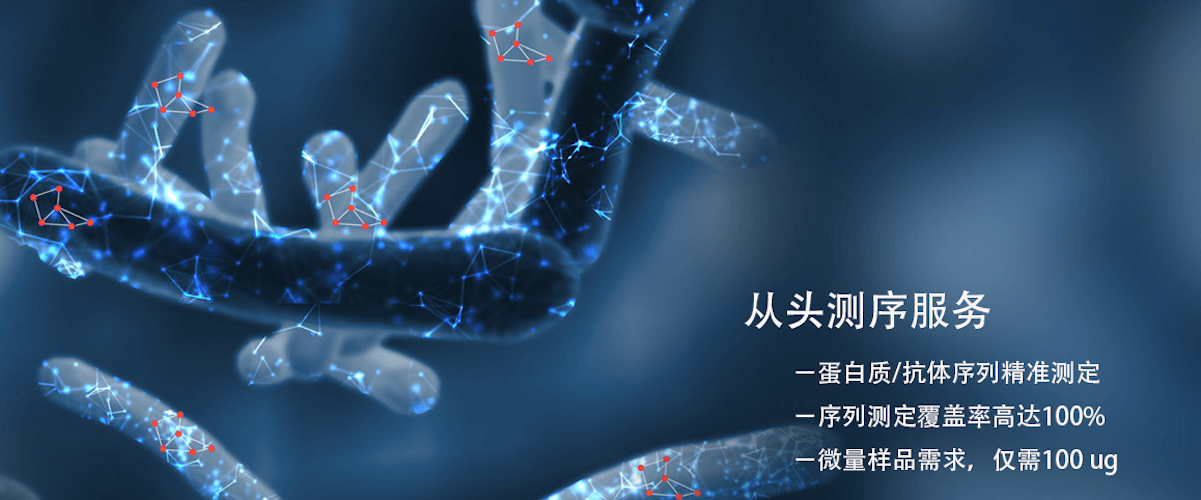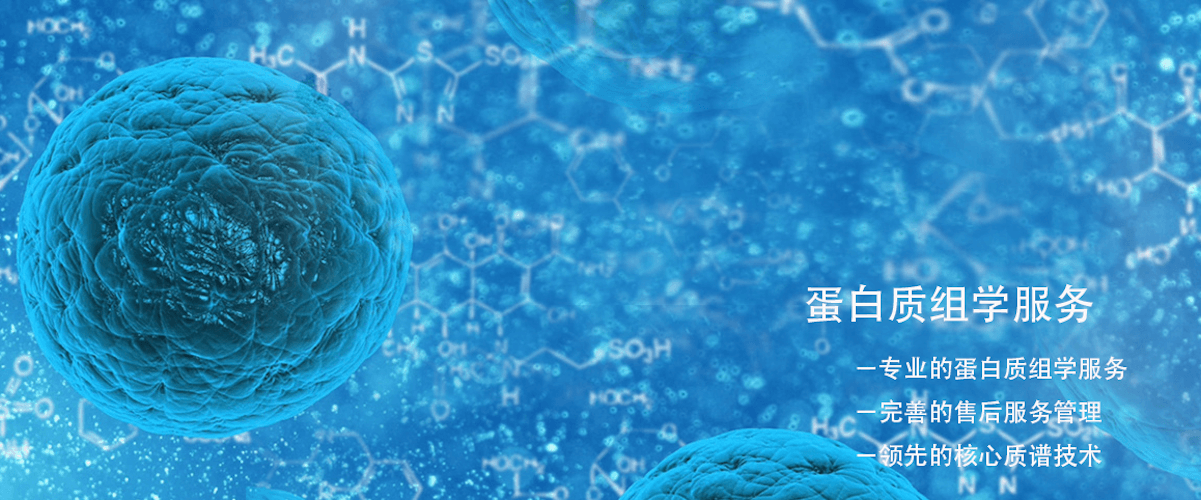How do fatty acids dissolve, do we need to use corn oil to dissolve them?
The solubility of fatty acids mainly depends on their structure and polarity. Generally, short-chain fatty acids (such as acetic acid, propionic acid) have higher solubility in water, while long-chain fatty acids (such as stearic acid, oleic acid) tend to dissolve in non-polar solvents, like corn oil or other vegetable oils. The fatty acids in corn oil have high lipophilicity, making them suitable for dissolving unsaturated fatty acids. For specific fatty acids, choosing the appropriate solvent can help them dissolve better.
In experimental research, we typically use the following methods to dissolve fatty acids:
- Hot Water Method: Add fatty acids to hot water, using high temperatures to increase solubility, suitable for short-chain fatty acids.
- Organic Solvent Method: Use polar solvents (such as ethanol, ether) or non-polar solvents (such as vegetable oil) to dissolve, suitable for long-chain fatty acids.
- Emulsification Method: Mix fatty acids with an emulsifier to form an emulsion, suitable for water-insoluble fatty acids.
- Ultrasonic Method: Use ultrasound to improve the speed and efficiency of dissolution, suitable for dissolving high concentration fatty acids.
Biotai Parker Biotechnology - A quality service provider for biological product characterization and multi-group bio mass spectrometry testing.
Related services:
How to order?





